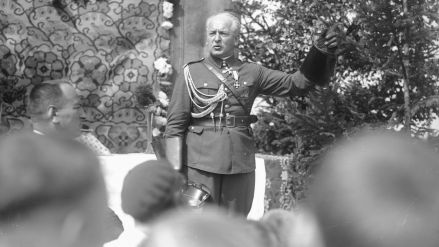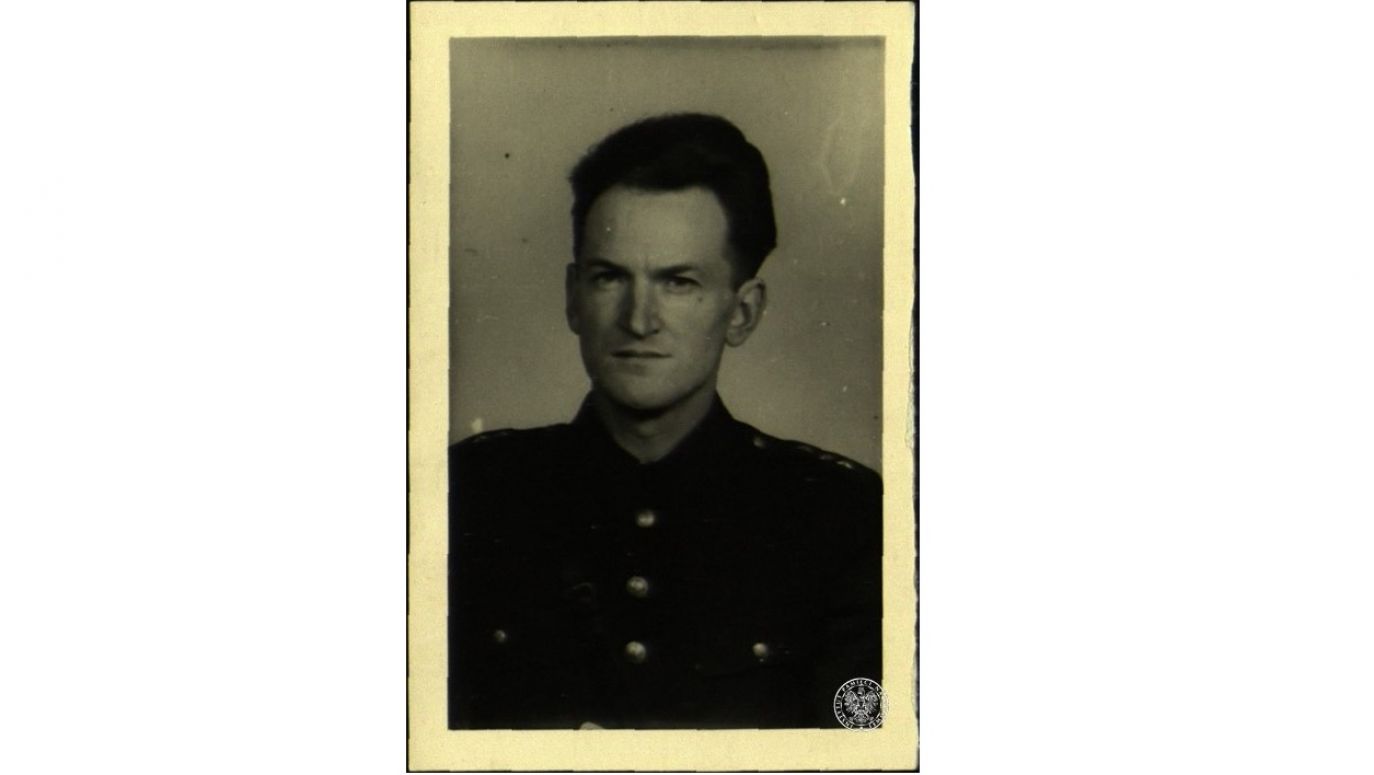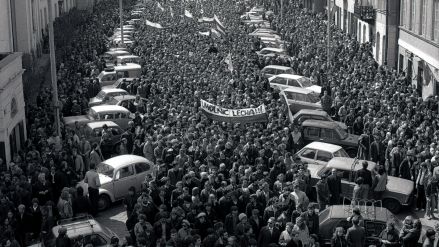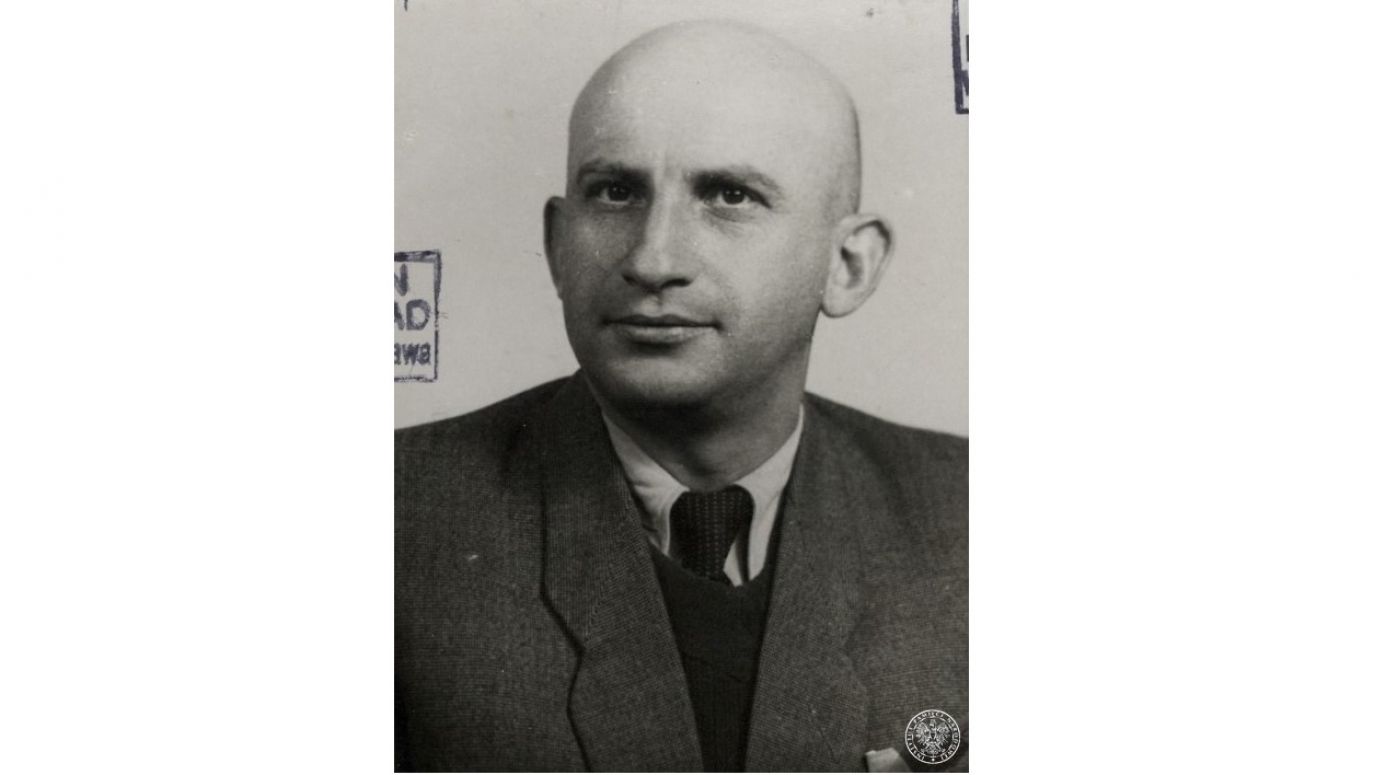TVP WEEKLY: A publication by the Warsaw branch of the Institute of National Remembrance (IPN) entitled "The Faces of Treason?" describes, among other things, traitors from the ranks of the post-war independence underground and the operational methods of the security service. What definition of treason was adopted for the purposes of this publication?
TOMASZ ŁABUSZEWSKI: We use the definition of 'betrayal' as breaking the oath that conspirators took when joining an underground independence organisation. When writing about betrayal, the authors of the publication also have in mind a multi-level decision taken on emotional and ethical grounds.
Why?
Because in the case of the characters portrayed in the book, we are dealing with the betrayal of their fellow soldiers, their ideals, their principles and the ethics they had previously lived by.
What made people who showed great courage during the German occupation betray their friends and the oath they had taken?
The reasons varied and each figure described in the book "Faces of Treason?" must be considered individually. But I do see one general principle, namely the over-representation among traitors of those connected with intelligence. A sizable group of intelligence personnel, both those associated with the secret services of the Second Republic and those who found their way into intelligence during the Second World War, saw service as participation in a game detached from ideological foundations. From there, it was only a small step to treating the oath as an insignificant act.
And running an intelligence game for the sake of just playing a game?
Yes, and who was the disposer of their actions in the intelligence game was becoming a secondary issue. Perhaps this was also compounded by a high opinion of themselves. That is to say, seeing their role as so important that leading themselves to their deaths would be a waste.
 SIGN UP TO OUR PAGE
SIGN UP TO OUR PAGE
 They carried out the betrayal knowingly.
They carried out the betrayal knowingly.
Of course, after all, we are talking about highly intelligent people with broad minds. They perceived, especially from the second half of 1945 onwards, that the betrayal of Poland by the Western Allies meant that there would be no World War III and that the communist system was strengthening. They were left with two choices: to try to evacuate to the West or to choose a new master who would guarantee their survival. The choices they made were mostly deliberate. They fully understood the consequences to which their choice would lead. To this must be added pressure, although in most cases we are not talking about physical pressure, i.e. torture. The security ministry applied psychological pressure to them, related, for example, to the safety of their loved ones. For many, this was enough to make them choose.
Sometimes the main motive for betrayal was the conviction that continuing in the ranks of the independence conspiracy would be a burnt offering, and they did not feel like making that sacrifice. They felt it was necessary to get out of the sinking ship in time at the expense of others who believed in them and with whom they cooperated. And we are, after all, talking about relationships that were extremely close. Let me mention Kazimierz Czarnocki and Wincenty Kwieciński. Virtually all of the traitors we are describing got off scot-free, while their comrades-in-arms did not.
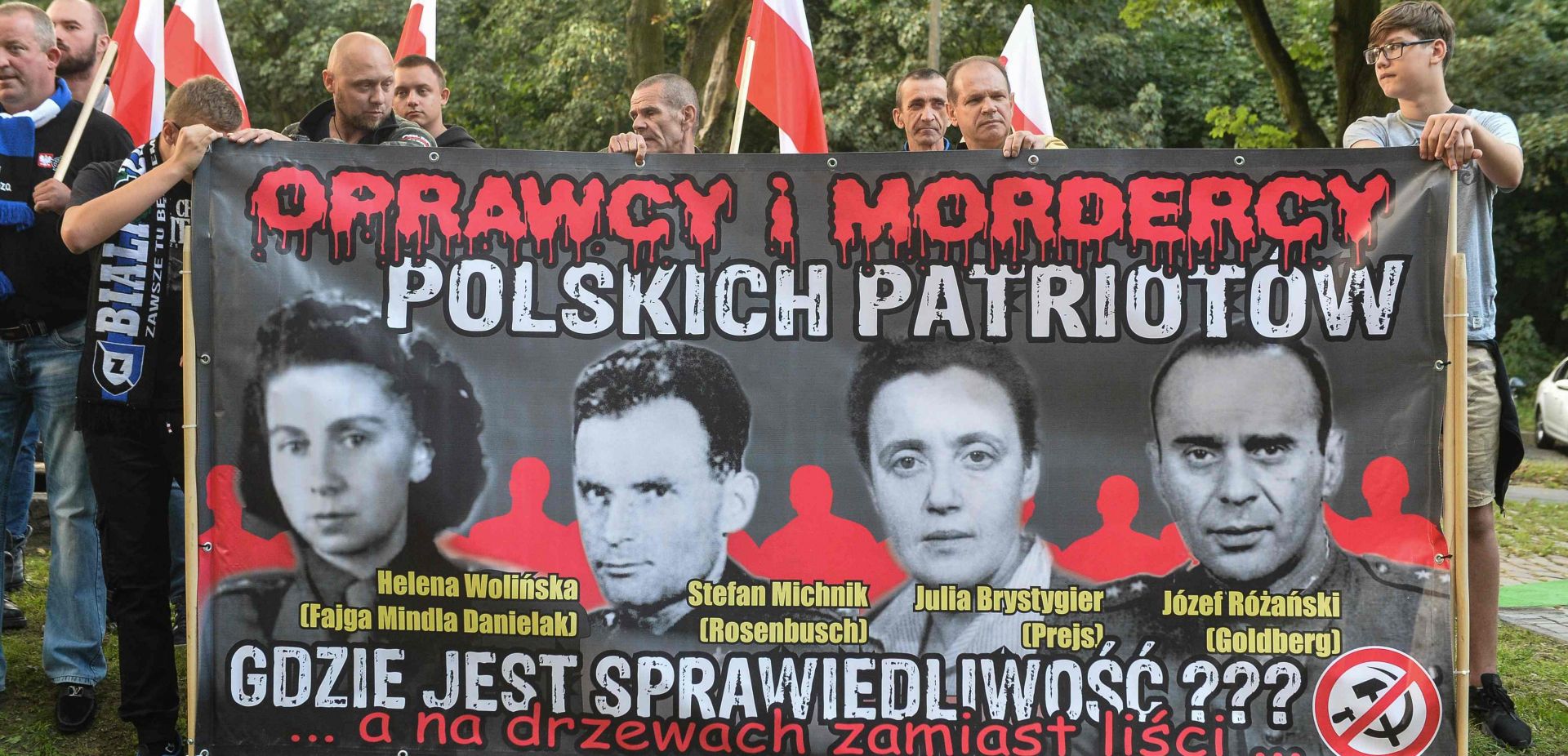
 SIGN UP TO OUR PAGE
SIGN UP TO OUR PAGE
 They carried out the betrayal knowingly.
They carried out the betrayal knowingly. 
